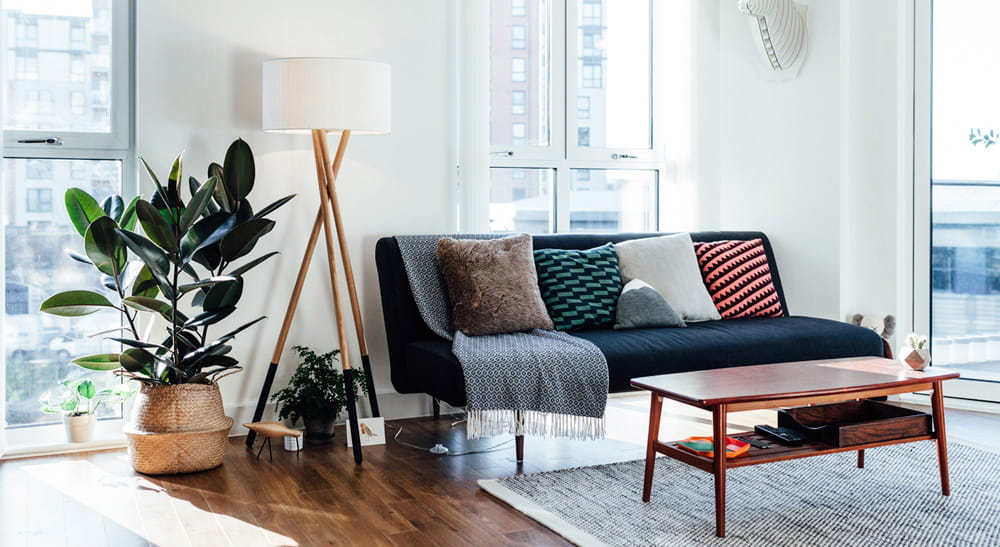Tips you can use

Develop your home inventory
A home inventory will increase the chances that you are promptly and appropriately reimbursed following a catastrophic event.
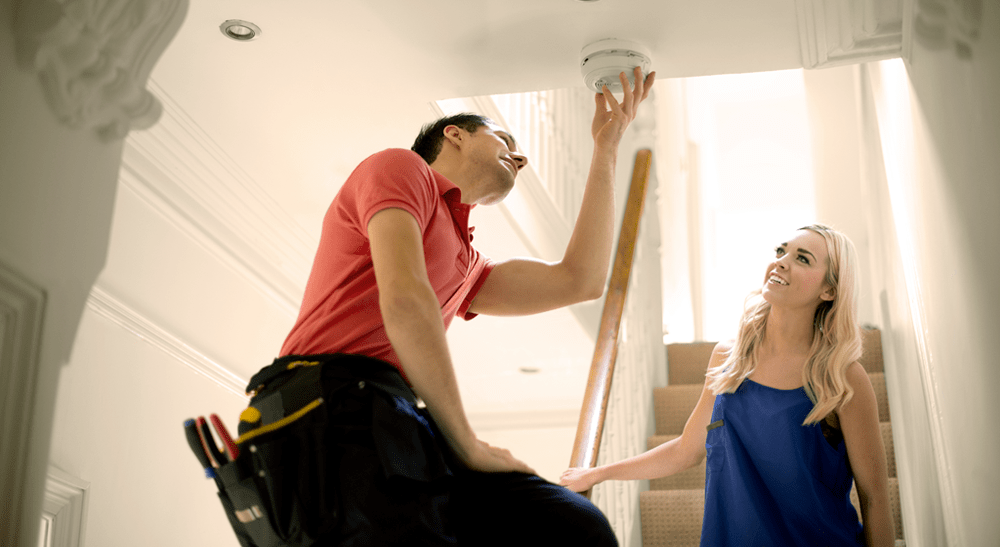
Fire-proof your home
Here are five recommendations to consider taking to keep your family and home safe from the dangers and damages of fire.

Five tips to help keep insurance costs down
Heeding these money-saving tips can help you reduce your insurance costs.

Have fun safely this summer
School holidays and warmer weather means spending more time outside. Here are some common insurance dangers during the summer.
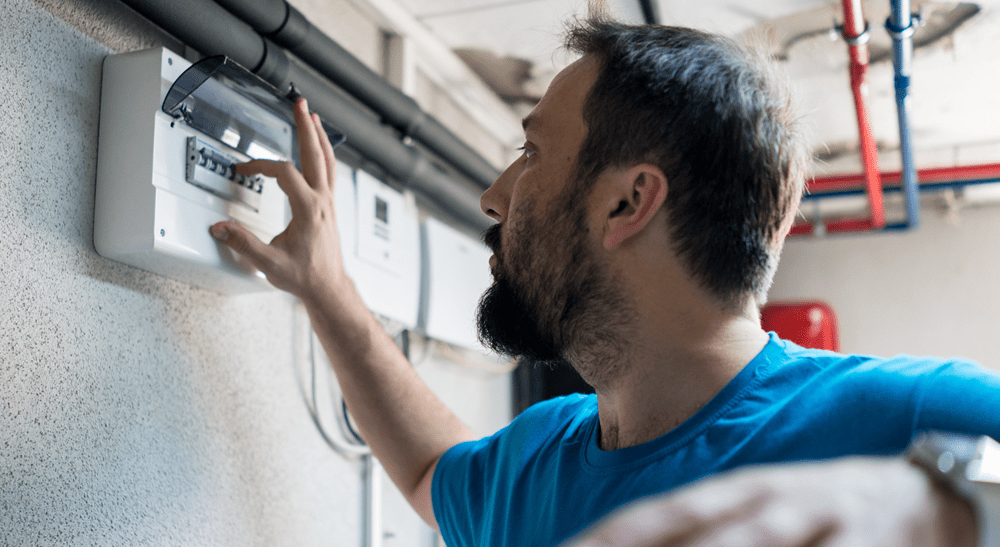
Home maintenance checklist
Regular home maintenance is essential. Download this checklist to help you keep your home running smoothly and retain its value.

Insuring your new home investment
Here are several factors to consider before you buy that could affect the price you pay for your homeowners insurance.

Keep holidays safe and happy this year
We offer several pointers to keep your holidays safe this year.

Make sure your new life together is well protected
Ensure that you're adequately protected for whatever bumps may lie ahead on your journey together.
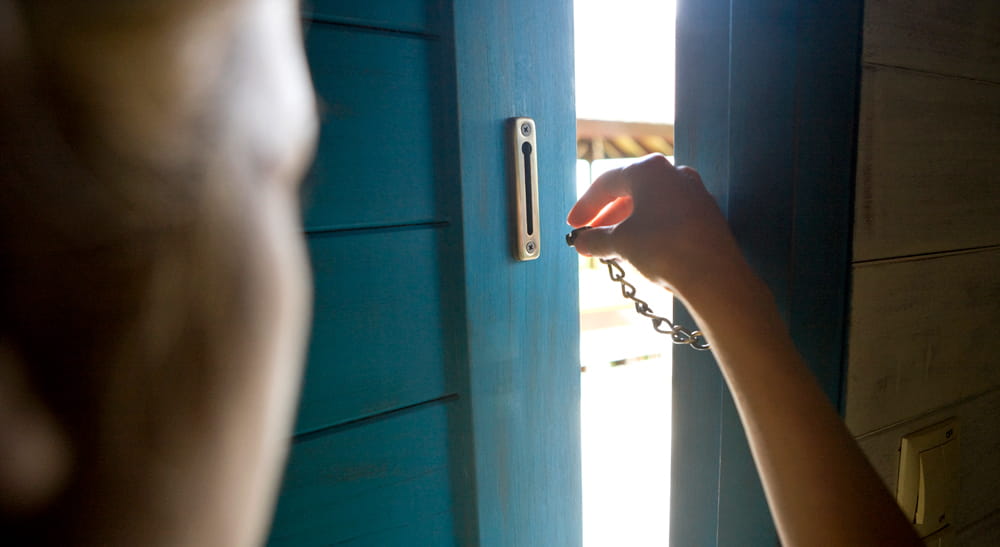
Protect your home belongings from theft
Following a few basic tips can help protect you from becoming another victim of your home being burglarized.
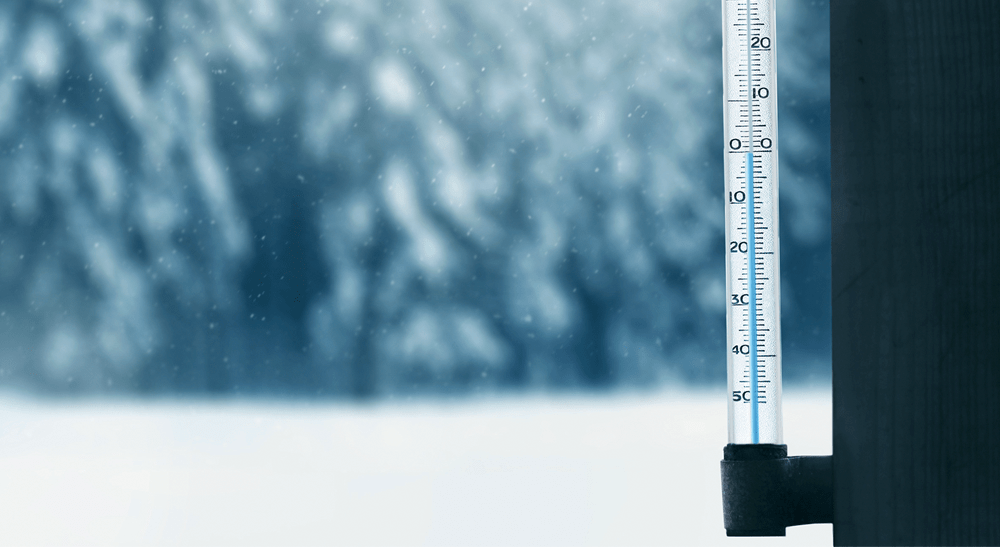
Protect your home from Old Man Winter
Winter results in billions of dollars in damages to homes each year. Follow these tips to reduce these dangers (and reduce insurance costs).
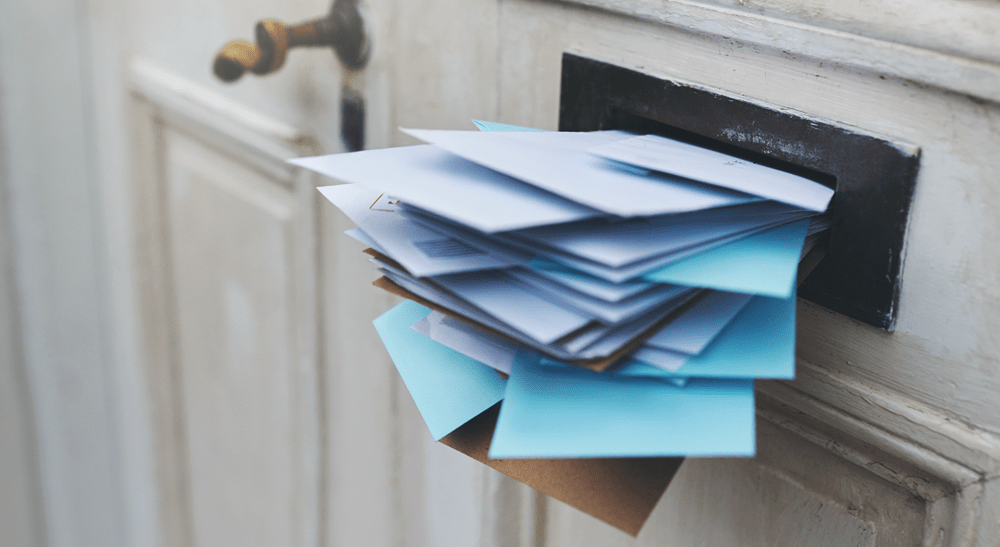
Protect your property while away from home
Following these steps to help your home maintain its "lived in" look the next time you're out of town for an extended period,

Recovering from a disaster
Make sure you're properly insured for a catastrophic loss and increase the chances you're promptly and appropriately reimbursed so you can recover quickly.

Schedule extra protection for your jewelry
When scheduled separately on your policy, items receive additional coverage against "all perils". This ensure they're protected if you lose them and they can be replaced.

Send your kids to college with the right protection
Proper insurance protection is important for you and your offspring.
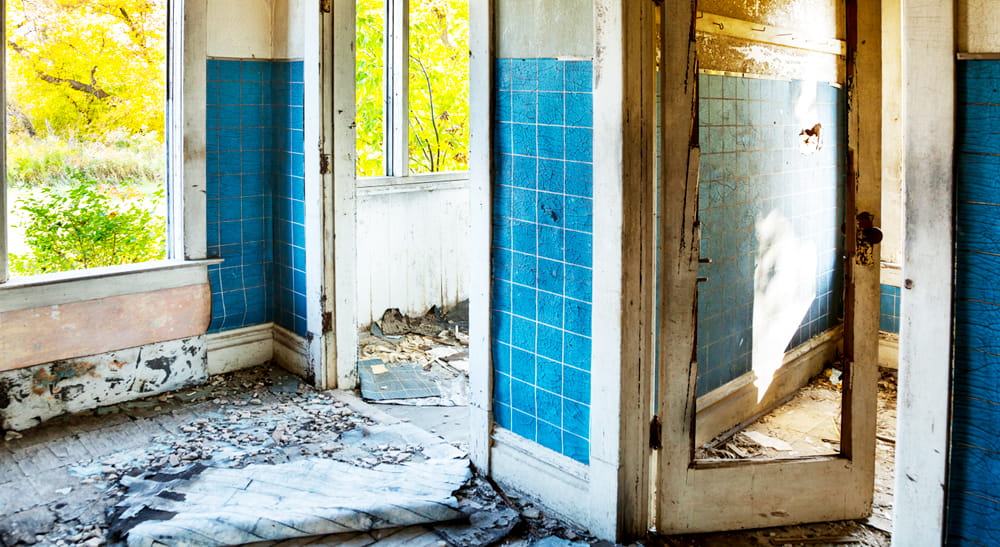
What homeowners should know about mold
Experts say the key to mold prevention is acting quickly when water damage strikes.
Answers to your questions
Insurance companies use many factors to set the price of your policy, including:
- Your home's square footage
- The condition of your plumbing, heating and electrical systems
- Building costs in your area
- The cost of your home's construction, materials and features
- The crime rate in your area
- The likelihood of a natural disaster in your area
- The distance of your home from a fire hydrant and rating of your local fire department
- Your Insurance Bureau Score
- The amount of coverage you purchase.
We encourage you to talk to your insurance agent to make sure you have enough coverage to return to your current lifestyle should you experience a major loss. When you purchase your policy, work with your agent to ensure your home's value is accurate and ask about any other factors that could affect your property value. Making a home inventory and informing your agent of any large purchases or home improvements can help with this process.
Each year your policy will account for a slight increase in your home's value due to inflation. However, you may still be underinsured if you live in a neighborhood with exceptionally high inflation or you've increased the value of your home (i.e., built a deck, finished your basement).
Most policies have a set maximum of how much they'll cover. For a QBE homeowners policy with a building replacement cost endorsement, we'll cover up to 20 or 25 percent more than the value your home is insured for (this amount varies by state). For a home insured at $100,000, we would pay up to $120,000 or $125,000 to replace it. However, if the home costs more than that to rebuild, the homeowner is responsible for the extra amount. For higher-value properties, owners may want to consider a homeowners policy with guaranteed replacement coverage, which pays the entire cost to rebuild your home, with no limit.
Also note that certain high-value items, like jewelry, electronics, firearms and specialty collections, may not be covered on your policy unless you have a special "floater" or "scheduled" endorsement.
Even though your condo association has a group policy, you still need a personal condo insurance policy.
A personal condo policy protects you if someone gets hurt inside your unit; your association's policy will likely include liability coverage if someone is hurt in a common area.
Your personal policy covers your possessions and interior fixtures that your association policy doesn't, which could include:
- Windows
- Interior walls
- Deck
- Built-in bookshelves
- Water heater
What's covered under condo associations' policies varies greatly and may change from year to year, so it's best to get a copy of your association's master policy each year and go over it with your insurance agent.
